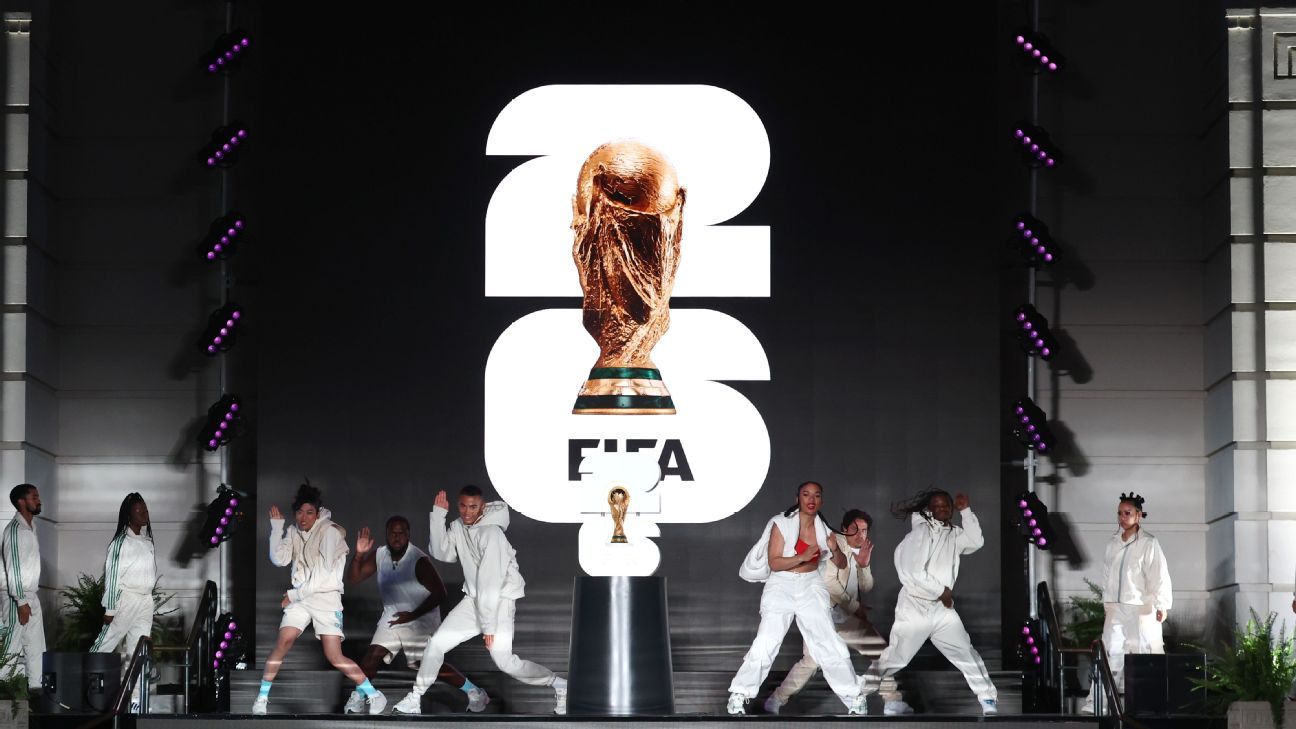T4K3.news
World Cup tickets set with dynamic pricing
Prices range from $60 to $6,730; phased sales and a resale platform announced.

Ticket prices for the next World Cup will be set by dynamic pricing, creating a broad range and new buying phases for fans.
World Cup Adopts Dynamic Pricing for Tickets
MIAMI AP — The 2026 World Cup will apply dynamic pricing to tickets for the first time, with prices starting at 60 dollars for group-stage matches and rising to 6730 dollars for the final. The event will be hosted across 11 sites in the United States, three in Mexico and two in Canada, and it expands to 48 teams and 104 matches. The initial draw period is limited to Visa card holders from 11 a.m. EDT on September 10 through 11 a.m. EDT on September 19. Those selected will be notified on September 29 and receive a timeslot to purchase starting October 1. Sales cap is four tickets per person per match and 40 in total per tournament. A resale platform will also launch, and hospitality packages are already on sale for MetLife Stadium at prices up to 73 200 dollars per person.
A second phase, an early ticket draw, is expected to run from October 27 to 31, with purchase timeslots from mid November to early December. A third phase, a random selection draw, will begin after the final draw of teams on December 5 determines the schedule, with tickets becoming available on a first come, first served basis closer to the tournament. The AAdvantage loyalty program allows miles redemption for tickets, with phased access beginning October 13 for top tiers and expanding to all members on October 15. The World Cup runs from June 11 to July 19, with the host nations playing group stage games in their home venues.
Key Takeaways
"Get your tickets early, because anything could happen."
Heimo Schirgi on buying timing
"It’s key to highlight FIFA’s mission of funding growth across all 211 member associations while balancing seat occupancy."
Schirgi on the pricing mission
"Tickets will be available closer to the tournament on a first come first served basis."
FIFA on ticket availability
Dynamic pricing marks a shift in how large sports events sell seats. It can reward fans who buy early and in known locations, while leaving casual supporters facing higher risks of missing out or paying more as demand grows. The system also mirrors the broader trend of pricing as a tool for balancing attendance with revenue in a crowded sports calendar. Critics argue it could widen gaps between devoted followers and casual fans, particularly in markets with tighter budgets. FIFA stresses its aim to fund growth across its 211 member associations while managing stadium attendance, a delicate balance that will test trust and transparency as the tournament nears. The plan also reflects the lure of secondary markets and loyalty programs, which could reshape how fans engage with ticketing long after the final whistle.
Highlights
- Ticket prices follow the clock and the crowd not just the match
- Get your tickets early because anything could happen
- Dynamic pricing tests loyalty and wallets alike
- Prices move with demand as the stadium fills
Ticket pricing faces affordability and public reaction risk
Dynamic pricing creates a wide price range and phased sales that could exclude casual fans in tight markets. If prices spike, or access feels unfair, public backlash could follow even as revenue goals are pursued.
The price clock is now part of the World Cup experience.
Enjoyed this? Let your friends know!
Related News

World Cup 2026 tickets go dynamic

FIFA adopts dynamic pricing for 2026 World Cup tickets

FIFA opens ticket applications for 2026 World Cup

Women's EURO 2025 Financials Revealed

World Cup final breaks attendance record

Transfer news intensifies as deadline approaches

Record Spending Defines a High Stakes Premier League Season

Las Vegas experiences decline in international tourist numbers
